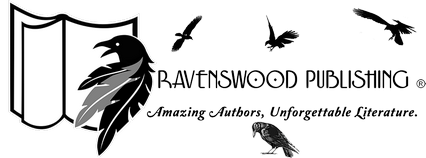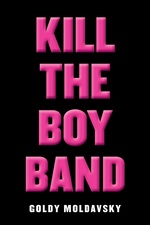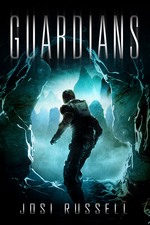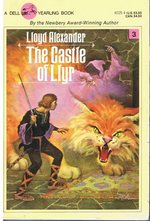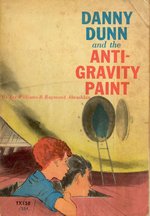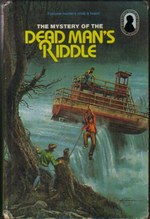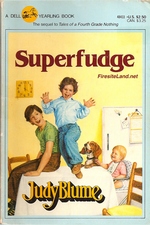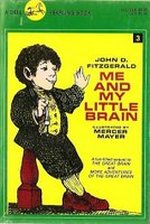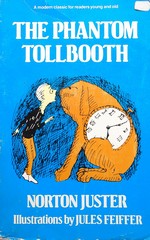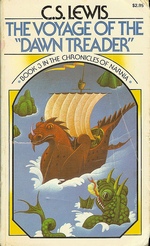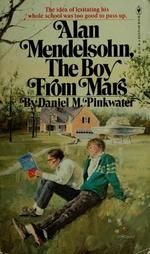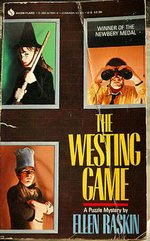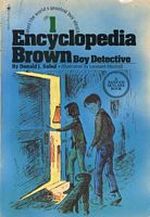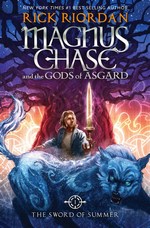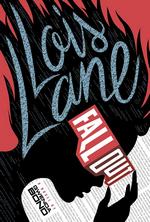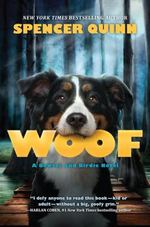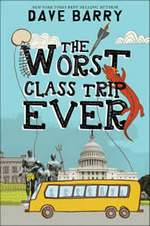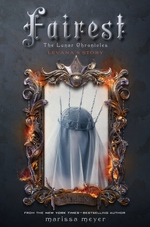Welcome to our Book Tour stop for The Quest for Merlin: Magimakía. In addition to this blurb about the book and author, I’ve got a a Guest Post from Rafael Lovato about the life of this book up to this point and my 2¢ about the book.
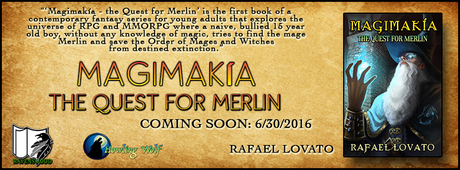
Book Details:
Title: The Quest for Merlin: Magimakía (Book 1)
Author: Rafael Lovato
Release Date: June 30, 2016
Page Count: 286
ISBN: 978-1530797950 & 1530797950
Imprint: Howling Wolf
Keywords: young adult fantasy, goblin hero, angels and demons, witchcraft, RPG games, elves fairies trolls, merlin series
Genre(s): Young Adult/Fantasy/ Action Adventure
Synopsis:
The Quest for Merlin is the first book of the Young Adult fantasy series Magimakía, goblin word meaning “The Great Battle of Mages and Witches.”
Follow Oliver’s journey, a skinny, naive 15 year old boy who knows nothing about magic, let alone how to survive high school as a bullied and outcast teen, as he attempts to help save the Order of Mages from destined extinction.
Kidnapped by a midget goblin and his troll cohorts, Oliver’s only hope is to learn the whereabouts of the all powerful Merlin who has been missing for over 500 years.
With the help of two witches, Avery and Violet, Oliver begins his journey in a world full of potions, spells, and bubbling cauldrons, learning a lot about witchcraft and magic.
You will be spellbound as you are transported into this amazing landscape where anything could happen, as tragic events unfold that could keep Oliver from saving Merlin and the entire world of Mages and Witches!
One Liner: Magimakía – the Quest for Merlin is the first book of a contemporary fantasy series for young adults that explores the universe of RPG and MMORPG where a naive, bullied 15 year old boy, without any knowledge of magic, tries to find the mage Merlin and save the Order of Mages and Witches from destined extinction.
Author Bio:
Rafael Lovato is a Brazilian author with six books published commercially in Brazil, and one in Portugal, Magimakía, a busca por Merlin. This is his first book published in the US. In 2014, the prestigious Oxford University Press bought one of his award-winning short story to use in their courseware as writing model to teach students, already published in the book Portuguese language for 6th Grade, by Oxford.
For More Info:
Book Page: http://ravenswoodpublishing.com/bookpages/magimakiabookone.html
Author Links: http://www.rlovato.com.br
https://www.facebook.com/operegrinojoshua
https://twitter.com/rlovatoescritor
Amazon US: http://www.amazon.com/The-Quest-Merlin-Magimakía-Book-ebook/dp/B01EI2R4V8
Amazon UK: http://www.amazon.co.uk/Quest-Merlin-Magimakía-Book-ebook/dp/B01EI2R4V8
Amazon CA: https://www.amazon.ca/dp/B01EI2R4V8
Barnes & Noble: http://www.barnesandnoble.com/w/the-quest-for-merlin-rafael-lovato/1123675514;jsessionid=3E933572BB6A6699C9EB512693D80A46.prodny_store01-atgap05?ean=2940153226026
Kobo: https://store.kobobooks.com/en-us/ebook/the-quest-for-merlin
Google Play: https://play.google.com/store/books/details/Rafael_Lovato_The_Quest_for_Merlin_Magimak%C3%ADa?id=S7b-CwAAQBAJ&hl=en
iBooks: https://itunes.apple.com/us/book/id1105254907
Createspace: https://www.createspace.com/6173524



